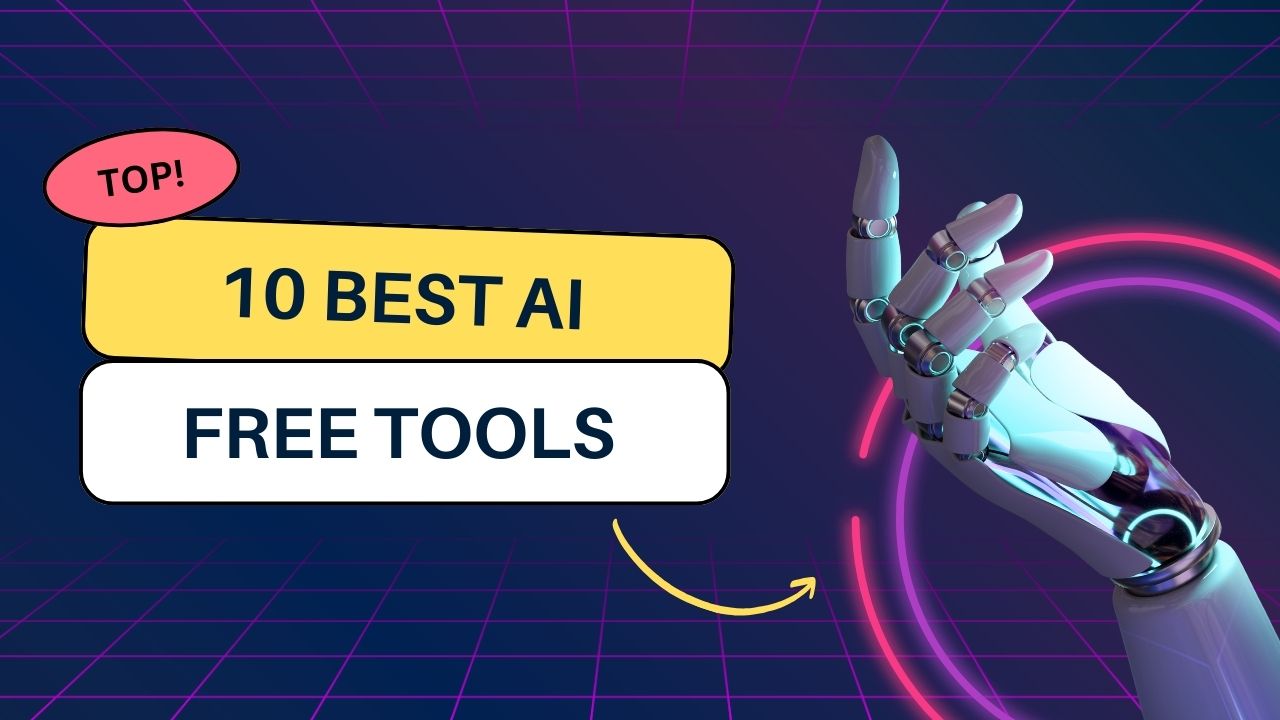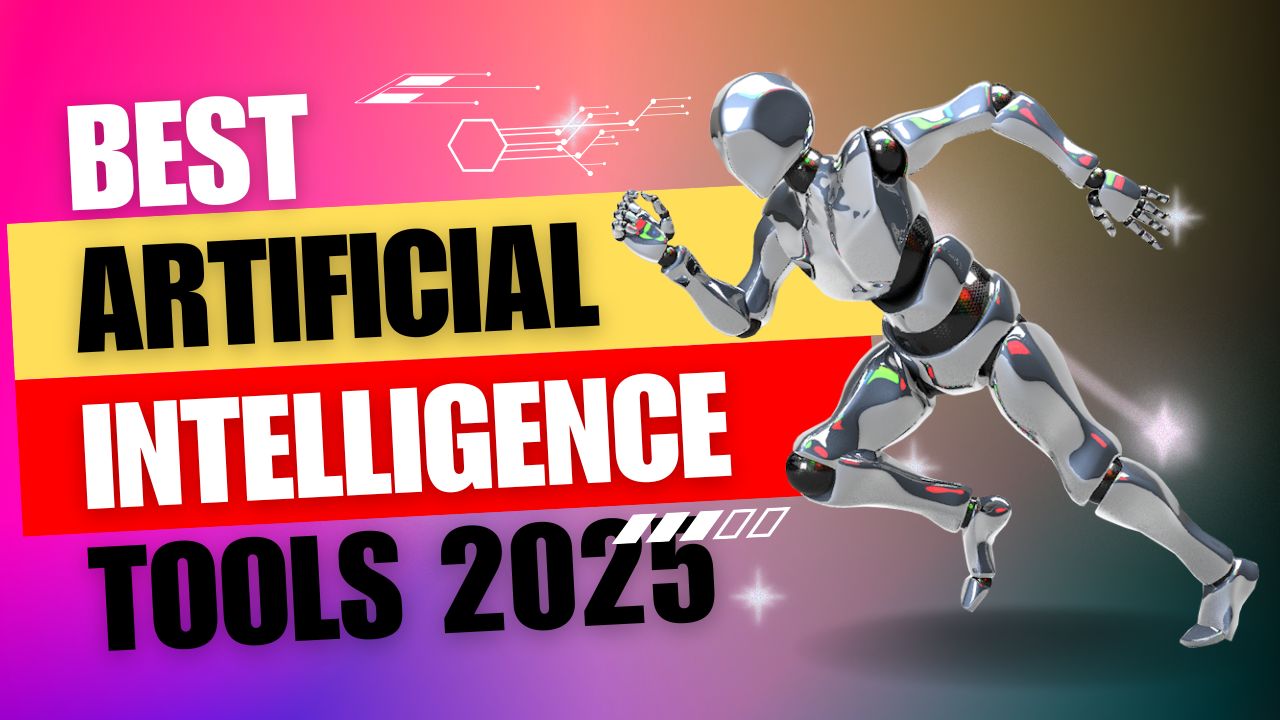Introduction
My name is Adan, and i have seen how healthcare in 2025 feels different from the past. It is no longer just doctors and nurses leading the fight Artificial Intelligence (AI) is Now a critical partner in saving lives. From diagnosing diseases faster to predicting Risks, AI has become a game-changer in patient Care.
I know this because AI processes massive medical data in Seconds, Something no human could do alone. And in healthcare, where every second can save a Life, that speed is priceless.
Evolution of AI in medicine
- AI in healthcare began with simple Rule-based programs that followed steps to Diagnose basic conditions. Over time, machine learning and Deep learning made it smarter Analyzing medical images, predicting diseases, and even Suggesting treatments.
- From my experience, I can say AI has moved far beyond Being a “tool.” Today, it acts like a true partner to doctors, Not just an assistant. Key Applications of AI Tools in healthcare.
AI in Diagnostics and Medical imaging
- AI has changed diagnostics Completely. It can now scan X-rays, CTs, and MRIs, detecting cancers, Strokes, or fractures that even Skilled eyes might miss.
- From my own experience, I know radiology Powered by AI often catches tumors in early stages, Which means higher survival chances for patients.
AI in drug Discovery and Development
- Traditionally, New drug development took decades and billions of dollars. With AI, This time has been cut drastically. Algorithms scan massive datasets and Predict which compounds can fight specific diseases.
- I know this because during the COVID-19 Pandemic, AI played a huge role in speeding up vaccine Research and testing.
AI in virtual healthcare Assistance
- AI-powered chatbots and virtual nurses are no longer simple Q&A Bots. They now Guide patients through symptoms, schedule checkups, and Even monitor vitals remotely.
- From my experience, remote monitoring has helped Patients with diabetes and hypertension avoid frequent hospital visits while Still getting quality care.
AI for Patient data Management
- Medical records are huge and often complicated. AI helps Organize these electronic health records (EHRs), Giving doctors quick access to accurate information.
- I know this because predictive AI Models also highlight which patients may be at risk of chronic illness, Giving time for preventive care.
AI in personalized Treatment Plans
- Healthcare is shifting toward precision Medicine. AI analyzes genetics, history, and lifestyle to create customized treatments that are more Effective and less harmful.
- From my own experience, I have seen cancer patients receive chemotherapy adjusted exactly to their Genetic profile, Improving both success Rates and Comfort.
Benefits of AI in healthcare
- Increased efficiency AI speeds up diagnosis and Treatment planning.
- Early Detection From my research, I know AI can detect illnesses when they’re easier to cure.
- Improved Patient-Doctor Experience Virtual assistants save Doctors time so they can focus on urgent Cases.
- Cost Reduction automation reduces both research and operational Costs.
Challenges of AI in healthcare
- Ethical Concerns & Data privacy patients worry about how their data is handled.
- Trust Issues From my experience, many Still hesitate to fully rely on AI Decisions.
- High Costs Advanced systems are expensive to implement in smaller Hospitals.
The Future of AI in healthcare
- The next phase will bring more precise Robotic surgeries and AI support for mental health Care, like therapy chatbots.
- I know this because I’ve seen pilot projects in rural areas where AI Diagnostic systems provide care in villages without Doctors. That’s the future AI bringing healthcare to every corner of the world.
Conclusion
AI isn’t here to replace doctors it is here to strengthen them. By improving Diagnostics, organizing data, and creating personalized treatments, AI is making Healthcare smarter, Faster, and more Effective.
From my experience, the future of medicine looks like a true partnership: Human expertise and artificial intelligence working together to save Lives.
FAQs
How does AI improve patient Care?
By enabling faster diagnoses, personalized treatments, and 24/7 Support.
Can AI replace Doctors?
No. I know from research that Human empathy and expertise cannot be replaced.
What are the risks of using AI in Healthcare?
Data privacy issues, reliance on tech, and occasional errors in Predictions.
Are AI healthcare tools Affordable?
Some are costly, but I’ve seen many affordable options becoming available Worldwide.
What’s the future of AI in Medicine?
More robotic surgeries, AI tutors for training doctors, and wider healthcare access Globally.

Adan Rajpoot is a devoted craftsman of words and technology, weaving his journey through the intricate corridors of artificial intelligence for more than four Years. With an unwavering curiosity and an ever-sharpening vision, He has cultivated wisdom in the evolving world of AI tools transforming raw innovation into meaningful Narratives.
His work is not just about exploring software; It is about illuminating the unseen, simplifying the complex, and Guiding others toward clarity in a field that often feels overwhelming. Adan carries a rare blend of technical insight and heartfelt expression, making his voice both credible and deeply Human.
Through his experience, He has become more than a writer—he is a navigator, a translator of complexity, and a storyteller who believes that technology is not merely machinery But a companion in Human progress. Every word he pens carries the resonance of his passion, inviting readers to journey with him into the ever-expanding Horizon of AI.

